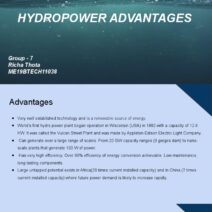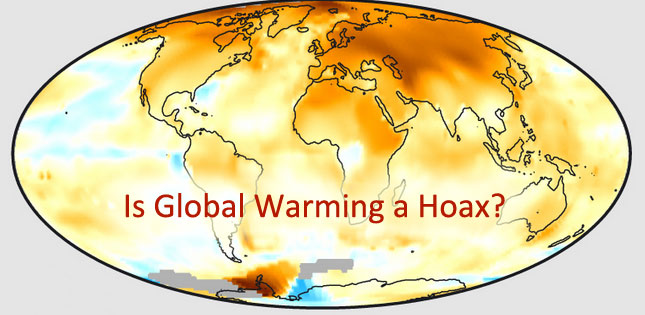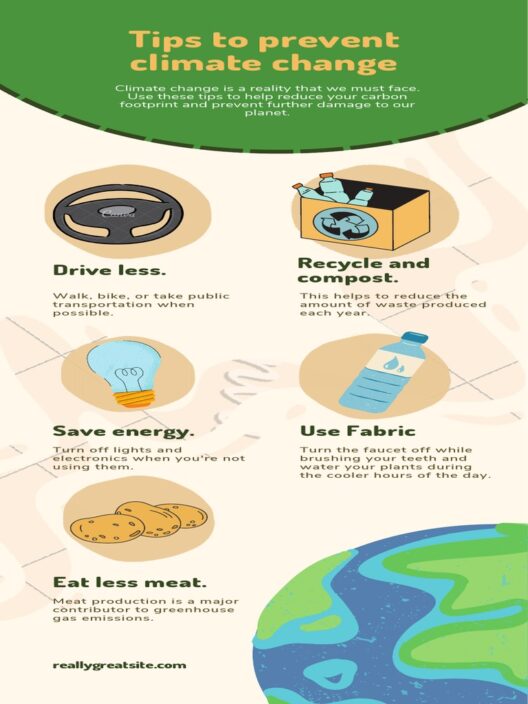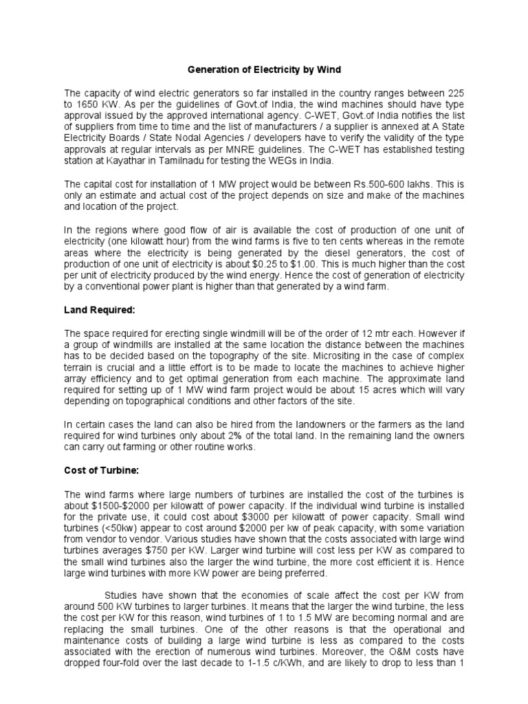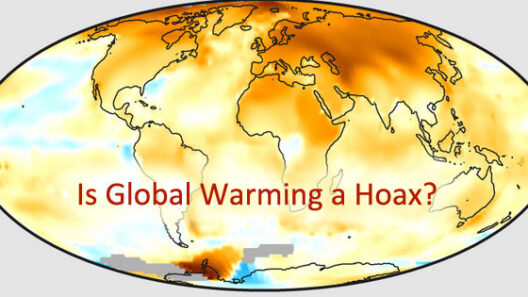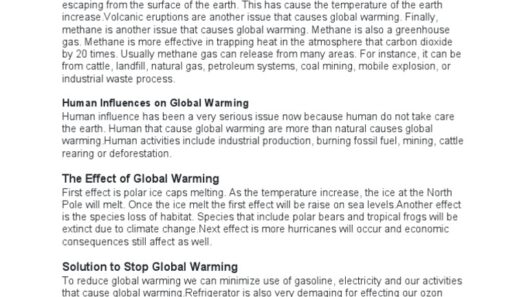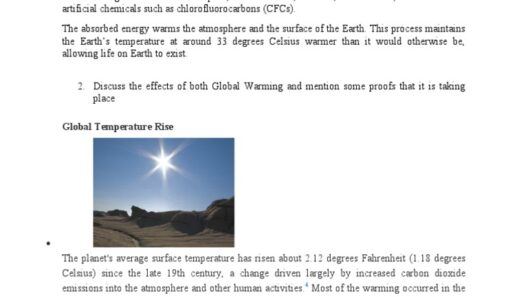In recent years, the discourse surrounding climate change has reached a fever pitch, with the phrase “global warming” often deployed in fervent debates. Yet, amid the cacophony of opinions, a haunting question lingers: Is global warming a myth? This profound inquiry transcends mere scientific scrutiny, touching upon matters of morality, ethics, and stewardship of our planet. It is imperative to dissect the layers of misinformation surrounding this topic to unveil the underlying truth.
One of the most pervasive myths is the assertion that climate change is a naturally occurring phenomenon, with no anthropogenic influence. Proponents of this theory cite historical climatic shifts, such as the Medieval Warm Period or the Little Ice Age, suggesting that these ebbs and flows of temperature indicate that the Earth’s climate is indeed cyclical. However, this simplistic view neglects a critical aspect of our current predicament: the unprecedented rate of change.
While it is true that the Earth’s climate has experienced fluctuations throughout its history, the current trajectory of warming cannot be attributed to natural causes alone. The past century has witnessed an alarming increase in average global temperatures, a trend that correlates with the marked rise in greenhouse gas emissions stemming from human activities—primarily fossil fuel combustion, deforestation, and industrial processes. Scientific consensus underscores that the concentration of carbon dioxide in the atmosphere has surged to levels not seen for over 800,000 years, illustrating the anthropogenic imprint on climate dynamics.
Furthermore, skeptics often downplay the significance of climate models, portraying them as unreliable and speculative. Critics argue that these models fail to capture the complexities of the Earth’s climate system, leading to exaggerated predictions of imminent catastrophe. Yet, a careful examination reveals that climate models are grounded in rigorous scientific methodology and continuously refined through empirical data and peer review. These models, while not infallible, offer a robust framework for understanding future scenarios based on various emission trajectories.
It is also crucial to acknowledge the role of scientific consensus in this debate. The overwhelming majority of climate scientists—97% according to various surveys—agree that climate change is real and significantly driven by human actions. This consensus is built on decades of research, data collection, and analysis across diverse disciplines, from atmospheric science to oceanography. Disregarding this collective wisdom in favor of isolated dissenters risks undermining the entire scientific enterprise.
The narrative of climate change denial frequently extends to socioeconomic arguments, wherein skeptics contend that addressing global warming will engender economic ruin. They proclaim that stringent regulations will stifle growth, resulting in job losses and increased energy costs. However, this perspective is fundamentally flawed. Transitioning to a sustainable economy—characterized by renewable energy sources, energy efficiency, and green technologies—presents not only an opportunity for innovation and job creation but is also imperative for long-term economic resilience.
Investments in renewable energy technology are proliferating, demonstrating that a sustainable future is not only feasible but increasingly profitable. The burgeoning solar and wind sectors have become economic powerhouses, providing employment opportunities while simultaneously mitigating greenhouse gas emissions. The World Economic Forum has identified a green transition as a pathway for job growth, with estimates projecting millions of new positions in the coming decades as nations pivot towards sustainability.
Another common obfuscation involves framing climate change as a distant dilemma, far removed from contemporary concerns. This dangerous misperception fosters complacency, allowing individuals to dismiss the pressing nature of the crisis. Yet, the repercussions of inaction are tangible and unfolding before our eyes. From the catastrophic wildfires in Australia and California to unprecedented storms and flooding across the globe, the effects of climate change are not relegated to the future—they are here now.
Discerning the intricate tapestry of climate science is paramount to combating myths surrounding global warming. It is essential to recognize that the notion of “global warming” encompasses a multitude of complex variables, including rising sea levels, disruptions to ecosystems, and threats to food security. Dismissing these changes as mere anomalies jeopardizes not only ecological balance but humanity’s very existence. As stewards of the Earth, we possess an ethical obligation to seek truth rather than succumb to comforting fallacies.
Educational initiatives play a pivotal role in dismantling the web of misinformation. It is imperative to cultivate critical thinking skills, empowering individuals to evaluate the validity of claims and differentiate between credible research and pseudoscience. Media literacy is equally important, as discerning fact from fiction in an era of rampant information overload requires vigilance and discernment.
In conclusion, the assertion that global warming is a myth is not only a misrepresentation of scientific evidence but a dangerous oversimplification of an intricate global crisis. By debunking these myths and fostering a culture of informed dialogue, we can mobilize collective action towards combating climate change. It is through adaptation and mitigation strategies—paired with an unwavering commitment to truth—that society can forge a resilient future in harmony with our fragile planet. The time for action is now, as history will not forgive us for our silence in the face of existential peril.


